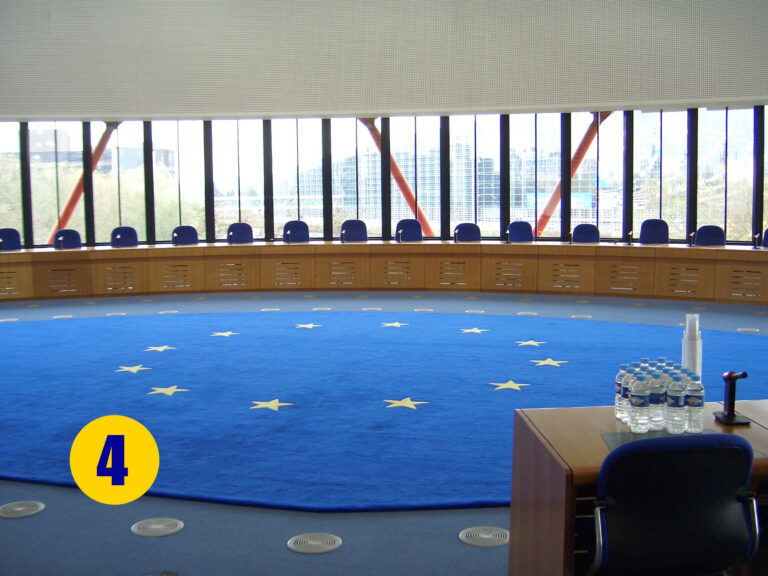Human Responsibilities
God’s pre-eminent command to those who would listen to him is to love him, and to love those who bear his Image. I have a feeling that keeping the second probably fulfils the first, such is the profundity of Image theology.
If I am to take the first step in such a direction it becomes necessary to switch my attention from defining the rights I could choose to assert for myself and seek to find the Image of God in my neighbour. Image resonates with Image. If I would like something, it probably follows that my neighbour would like the same thing. If I seek to give my neighbour what would benefit them, there is a chance they might do the same for me. This might take some time, and may never happen but, since I wasn’t looking out for my neighbour in order to achieve a pay-back, this doesn’t really matter. Looking after my neighbour probably didn’t cost me as much as it benefitted them, so even in a closed-system universe the net benefit was greater than the energy I expended.
This is known as a Virtuous Circle, as opposed to a Vicious Circle which always begins with everyone defining, protecting and asserting their own rights.
We move beyond a preoccupation with human rights by changing the focus from rights to responsibilities. We are answering Cain’s arrogant question: “Am I my brother’s guardian?” with a simple answer: YES. Cain refused to take responsibility and bore the consequences. We get to choose as well – often many times a day.
My core argument with right-wing ideology is that the assumption that those at the top of the pile are there through their own merit, and deserve to benefit from their status whilst pulling every lever to ensure they stay there, is never far from the surface. And this is despite the fact that the British sociologist who first used the term meritocracy in 1958 believed “that meritocracy would result in dystopia and that societal status… would establish further inequalities”.* Meritocracy is another way of asking the Cain question: Am I my brother’s guardian? And its answer is “only if the state ensures that I pay my fair share”.
I don’t think it is jealousy that motivates me to take this stance. In fact, I’m not sure there is a great deal of substance for me to be jealous of. In the parable of the talents Jesus acknowledges that some people will have more abilities, opportunities and resources than others. The key factor is not what they have, but what they do with what they have. And the existence of a master who is not micro-managing them, but to whom they are accountable nevertheless, suggests that the rewards of opportunity and fortune come with a responsibility to spread the benefits. Where much is given, much is also expected.
The parable of the wedding feast is a clear warning that those who become so preoccupied with building their own fiefdoms, with all the moral shortcuts that may require, are in danger of missing out on the free and often bountiful benefits of being part of a mixed and diverse community. Evangelical Christianity has done a huge disservice to the world by making these teachings all about going to heaven when we die. Jesus is clear in his introduction: “The Kingdom of Heaven is like…”. And that Kingdom was, and is, present wherever we allow the King to reign.
I am confident in making that final claim because of Paul’s conviction, and my experience, that the Spirit of God is committed to fuelling the processes of change and building the transformative relationships that result. And, in a world where individualism has been pushed to its limits as the pre-eminent expression of freedom, it is relationships within a supportive and mutually respectful community that make the difference.
The very fact that the Spirit produces beneficial fruit as long as we cooperate with him signals that transformative relationships are possible. And the gifts he gives ‘according to the measure of grace given to each’ of us (Paul’s parable of the talents), with the gifts he gives to me being for you, and the gifts he gives to you being for me and for others, is his version of the Virtuous Circle.
To my mind, the word ‘responsibility’ feels like just another obligation until Jesus and Paul are allowed to breathe life into it, adding dimensions of respect that are rooted in deep and caring relationships. This then is the reason why the concept of human rights is always going to be a poor second best to loving God and each other.
Am I my Brother’s Keeper?
Yes, using the resources the Spirit supplies.


